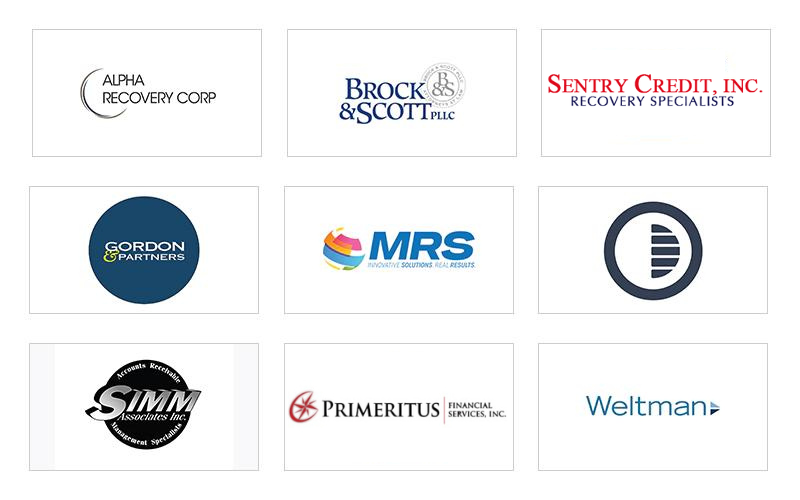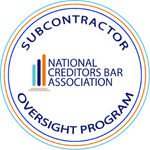Top Tips for a Best in Class Collections Waterfall Strategy
- November 30, 2017
- Category: Omnichannel Collections

In most states, an effective post-judgment collection strategy is what can differentiate you from your competition. In highly competitive markets, market share decisions can come down to Basis Points in liquidation… how do you stay ahead? A well-run asset search waterfall increases collections, stabilizes your income stream, and can set you ahead. Here are a few aspects to pay attention to when watching your waterfall:
Track everything ruthlessly
There is no level of detail too small to track in your asset waterfall. Every single meaningful aspect should be marked and flagged in your CRM: each vendor to whom it was sent and the date, the date of response, date of the hit, every detail about the hit, the number of times it’s cycled through your waterfall, previous “bad” hits, the cost of the hit. These key data points allow you to see how each vendor is performing against one another and the net result to your firm.
Hit your timelines
Repeat this mantra until you believe it: “There is no secret sauce in this industry, there is only execution”. Many firms have innovative and insightful programs, tons of people have creative and meaningful ideas. None of it matters without effective operations. Are you capturing the data immediately? Getting the execution out the door fast? Tracking your follow-ups and court dates so that you’re ahead of them? Skilled operators in this industry know that hitting timelines effectively can leverage and multiply your investment in asset purchasing.
Pay attention to Unit Yield
For many reasons, different states, paper types, and venues will perform differently. Its important to understand your net unit yield for each of these variables, because they inform your decisions. Lets say Venue A will net you $100 in fees, and Venue B will net you $150. Spend your money in Venue B… right? Well, maybe not. Perhaps Venue A nets less, but its impact is fully realized in 6 months where Venue B takes 24 months to yield a bit more. These data would suggest a more balanced approach to investment: some in Venue A for a quick hit, and some in Venue B for a long annuity.
Avoid a self-fulfilling prophecy
It is too easy to get trapped in a vicious data cycle. Your data suggest that a particular action will yield more money… maybe a scoring segment, a venue, a vendor. So, you focus efforts on that action, and guess what? More impact! So you focus more effort, and get caught in a cycle where you are reinforcing a data point without new evaluation. Always retain a control group; this is a set of claims where you retain your original strategy. It serves as a comparison, a baseline to your current activities, so you don’t endlessly chase one path when there may be several effective ones at your fingertips.







